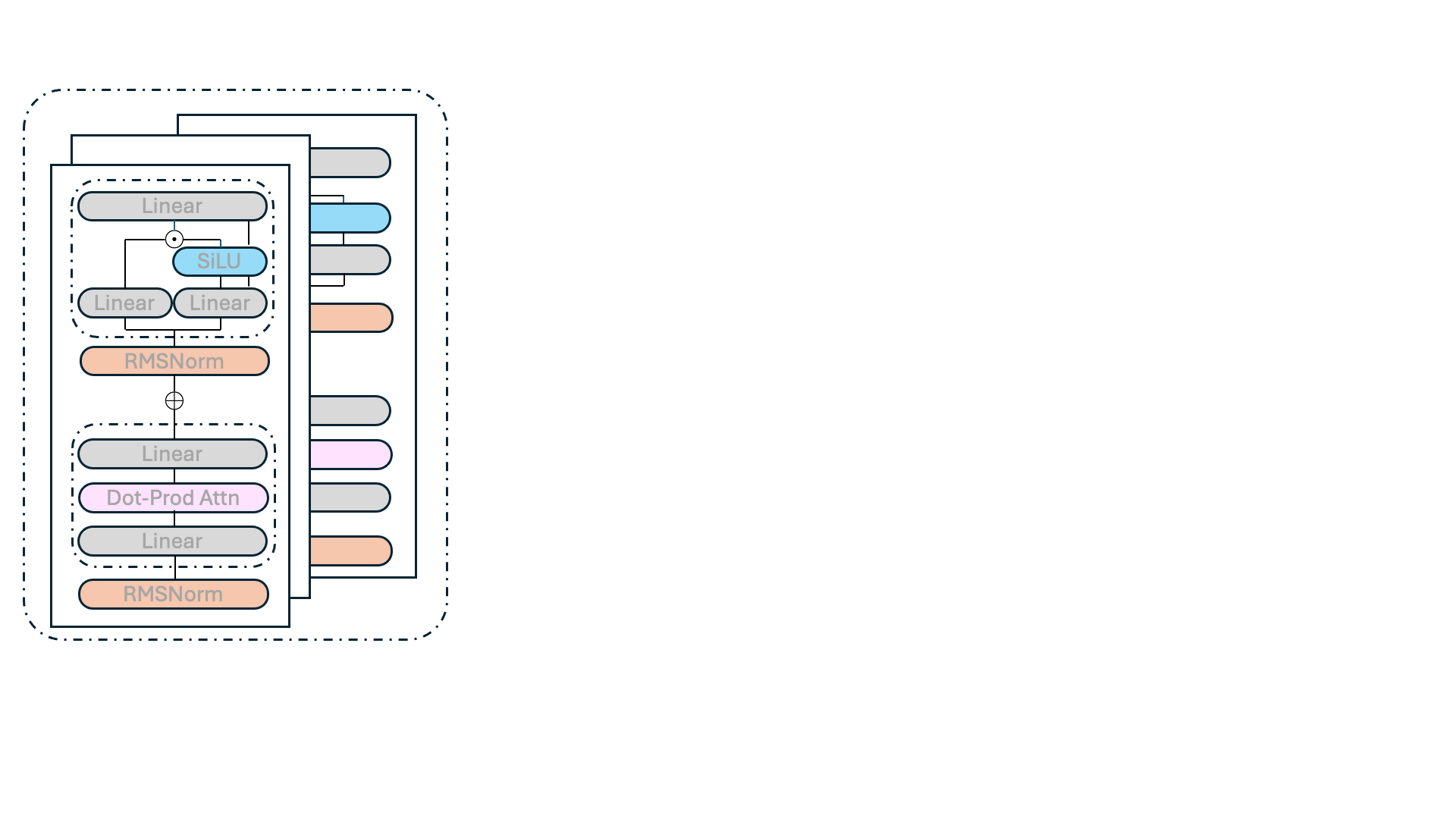Customer-obsessed science


Research areas
-
August 8, 2025A new philosophy for developing LLM architectures reduces energy requirements, speeds up runtime, and preserves pretrained-model performance.
Featured news
-
2024Large language models (LLMs) tend to inadequately integrate input context during text generation, relying excessively on encoded prior knowledge in model parameters, potentially resulting in generated text with factual inconsistencies or contextually unfaithful content. LLMs utilize two primary knowledge sources: 1) prior (parametric) knowledge from pretraining, and 2) contextual (non-parametric) knowledge
-
2024Dictionary example sentences play an important role in illustrating word definitions and usage, but manually creating quality sentences is challenging. Prior works have demonstrated that language models can be trained to generate example sentences. However, they relied on costly customized models and word sense datasets for generation and evaluation of their work. Rapid advancements in foundational models
-
2024Diffusion-based generative modeling has been achieving state-of-the-art results on various generation tasks. Most diffusion models, however, are limited to a single-generation modeling. Can we generalize diffusion models with the ability of multi-modal generative training for more generalizable modeling? In this paper, we propose a principled way to define a diffusion model by constructing a unified multi-modal
-
Fine-tuning language models (LMs) has demonstrated success in a wide array of downstream tasks. However, as LMs are scaled up, the memory requirements for backpropagation become prohibitively high. Zeroth-order (ZO) optimization methods can leverage memory-efficient for-ward passes to estimate gradients. Recently, MeZO, an adaptation of ZO-SGD, has been shown to consistently outperform zero-shot and in-context
-
2024Reinforcement learning from human feedback (RLHF) has been extensively employed to align large language models with user intent. However, proximal policy optimization (PPO) based RLHF is occasionally unstable requiring significant hyperparameter finetuning, and computationally expensive to maximize the estimated reward during alignment. Recently, direct preference optimization (DPO) is proposed to address
Academia
View allWhether you're a faculty member or student, there are number of ways you can engage with Amazon.
View all






























